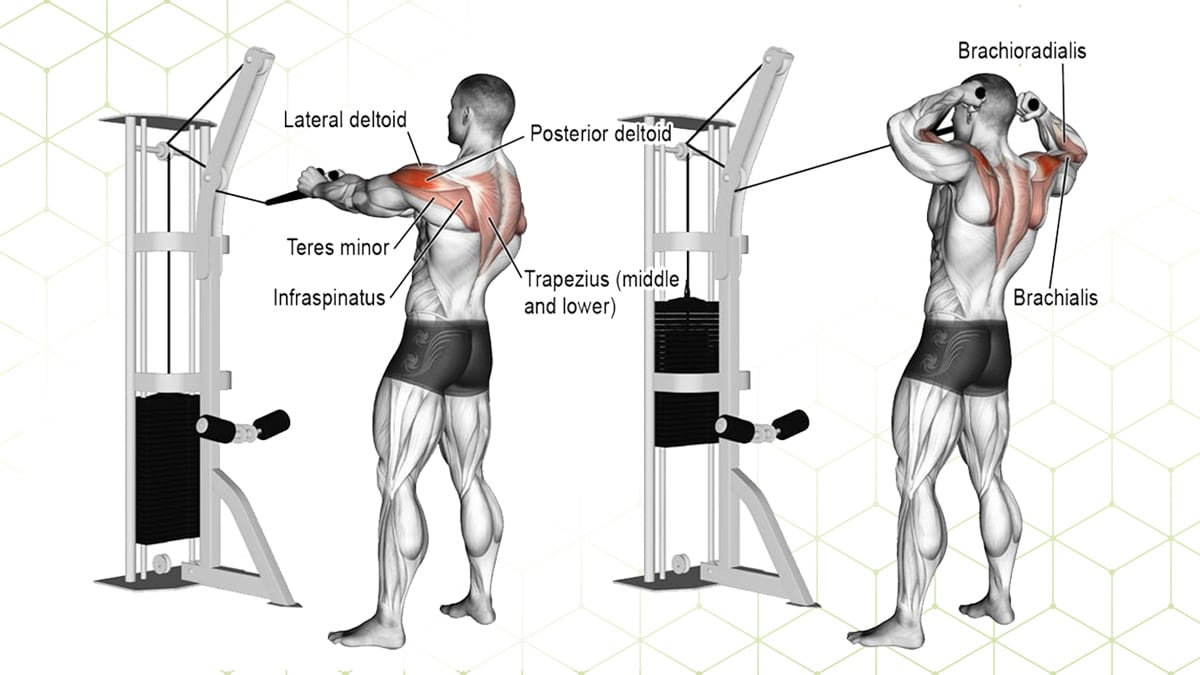

Pause for a beat at the top, emphasizing the squeeze to your shoulder blades.Keep the movement wide to maintain the focus on your rear delts, instead of slipping down into your lats. Squeeze your shoulder blades to lift the weights out in a wide arch, keeping a slight bend in your elbows rather than fully straightening your arms."Think of breathing your abs aggressively into the bench, never letting your torso lose contact with it," says Samuel.


Just remember, you'll need to adjust to the new format and the whole point is to move with strict form, so don't be afraid to start off with light weights. By putting your chest against the bench's pad, you'll offload potential stress to your lower back from poor bent-over posture while also making it tougher to cheat using body English. has a simple solution to improve your rear delt fly form: just add an adjustable bench. Men's Health fitness director Ebenezer Samuel, C.S.C.S. Instead, they'll flap their arms around, or slack on the posture so that the lats and lower back takes on some of the load. If you want to make the most of the rear delt fly to actually target your rear delts, the part of the muscle on the back of your shoulders whose main role is horizontal abduction of the shoulder (in other words, spreading your arms apart in a horizontal position away from your body's midline), you'll need to have picture perfect form-and that's not how most lifters go about their fly. This simplicity is more than a bit deceiving. It's so popular because it's so simple the most common approach to the exercise requires just grabbing a set of dumbbells, bending over, and raising the weights. The rear delt fly is one of those go-to moves that you've seen people doing just about every time you've stepped foot in a weight room.


 0 kommentar(er)
0 kommentar(er)
